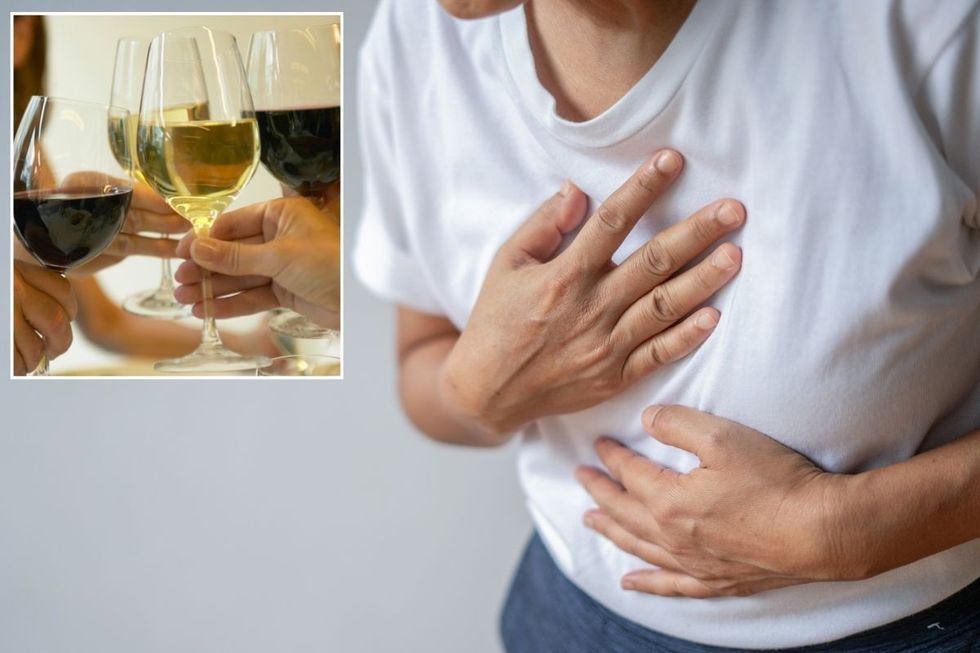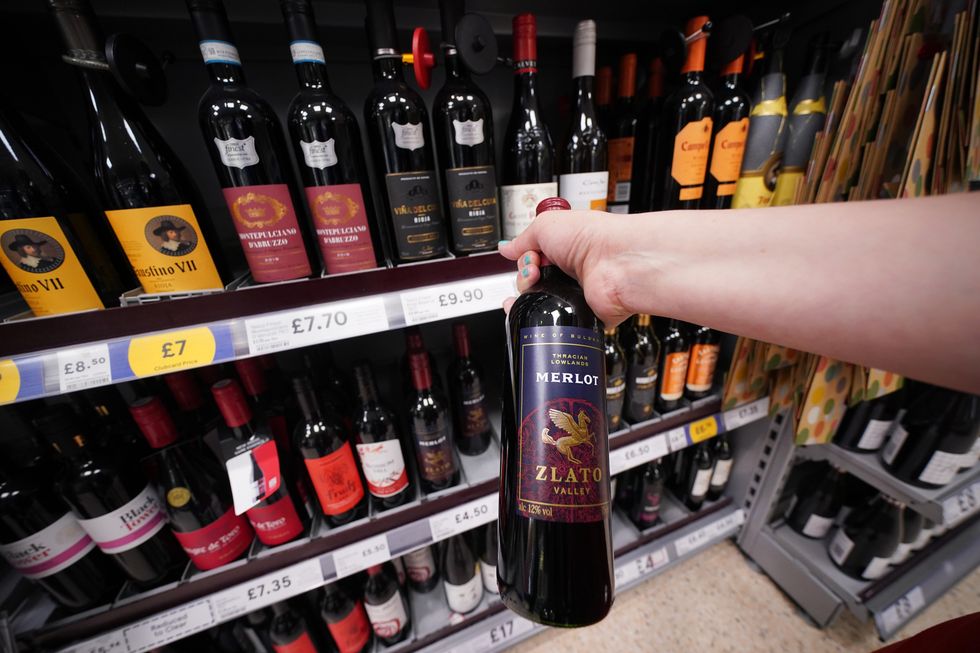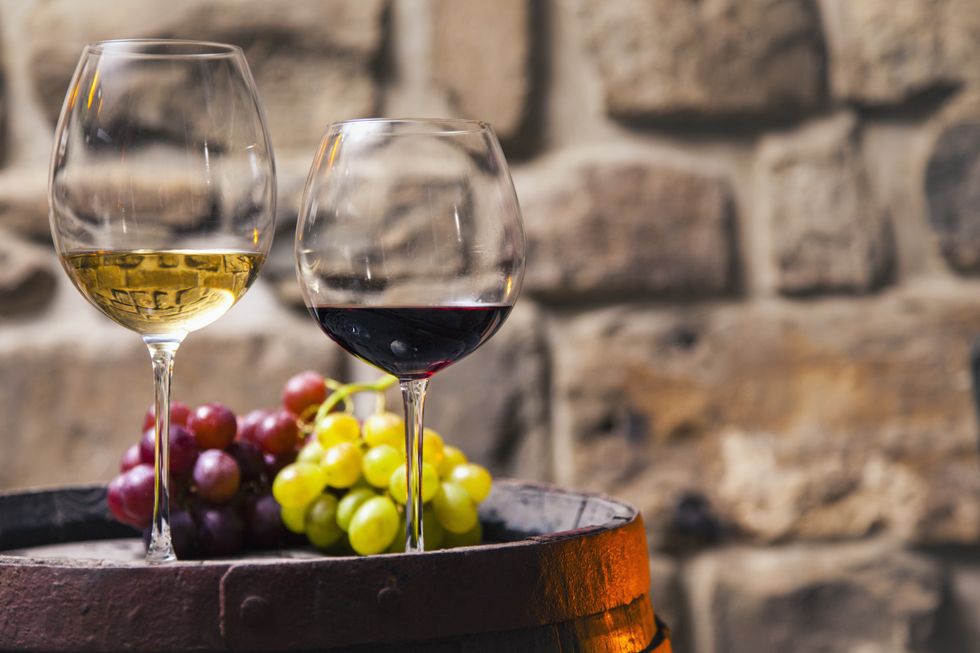Heart attack risk SLASHED by drinking wine claims new study
WATCH NOW: GB News' Jack Carson covers 2024's Wine Week
Moderate wine intake offers substantially better protection than statins, a new study has revealed
Don't Miss
Most Read
Trending on GB News
Wine drinkers have received remarkable news after a groundbreaking study revealed that moderate consumption could be more effective than statins at protecting against heart attacks.
Research from the University of Barcelona has concluded that those enjoying wine as part of a Mediterranean diet can slash their risk of heart attacks by half.
The findings present a significant advancement over previous alcohol studies, with researchers employing precise urine sample measurements rather than relying on self-reported consumption data.
The study, published in the European Heart Journal, shows that moderate wine intake offers substantially better protection than statins, which typically reduce heart attack risk by around 30 per cent.

A stock image of a man suffering a heart attack and glasses of wine
GETTY
The comprehensive study followed 1,232 participants, tracking their wine consumption through precise urine sample analysis at the start and one year later.
Over a four to five-year follow-up period, researchers documented 685 cases of cardiovascular issues, including heart attacks, strokes and deaths from heart disease.
The results were striking: those consuming between 12 and 35 glasses of wine monthly demonstrated a 50 per cent lower risk compared to those who drank no more than one glass.
Importantly, researchers noted that exceeding this moderate consumption level diminished the protective benefits.

An image of wine bottles on sale
PAThis methodological approach marks a significant departure from previous studies, which often relied on participants' own reporting of their drinking habits.
However, these findings stand in stark contrast to the World Health Federation's 2022 position on alcohol consumption.
The WHF has challenged studies suggesting wine's health benefits, dismissing them as merely 'observational'.
"The portrayal of alcohol as necessary for a vibrant social life has diverted attention from the harms of alcohol use," said Monika Arora of the WHF.

Heart attack
PEXELSShe particularly contested claims about wine's cardiovascular benefits, stating that such assertions are "at best misinformed and at worst an attempt by the alcohol industry to mislead the public about the danger of their product."
The Federation noted that while wine contains beneficial antioxidants, apparent health advantages among moderate drinkers might be misleading, potentially explained by other factors such as former alcohol problems among non-drinkers.
The drinks industry has mounted a measured defence of moderate alcohol consumption in response to such warnings.
Matt Lambert, speaking for the Portman Group trade body, emphasised the importance of balanced messaging around alcohol consumption.

Red and white wine
Getty"It is important not to exaggerate the risk of moderate drinking and unduly alarm responsible consumers who enjoy alcohol sensibly," Lambert stated.
The industry's position reflects growing tension between emerging research supporting moderate wine consumption and increasingly stringent public health messaging.
This debate highlights the complex relationship between scientific evidence and public health guidance, particularly regarding moderate alcohol consumption.
The contrasting perspectives underscore the ongoing challenge of balancing potential health benefits against broader public health concerns.
Public sentiment has increasingly pushed back against what some view as overly cautious health warnings about alcohol consumption.

A stock image of a woman suffering from a heart attack
GETTY
This was particularly evident following comments from former Chief Medical Officer Dame Sally Davies in 2016.
Appearing before the Commons science and technology committee, Dame Sally advised women to "do as I do" and consider breast cancer risks with every glass of wine.
Her statement drew criticism for its perceived 'nanny state' approach to public health guidance.
Later that year, Dame Sally acknowledged she had not chosen her words well, marking a retreat from the stark warning.
This incident exemplifies the delicate balance between public health messaging and personal choice that continues to characterise the wine consumption debate.








